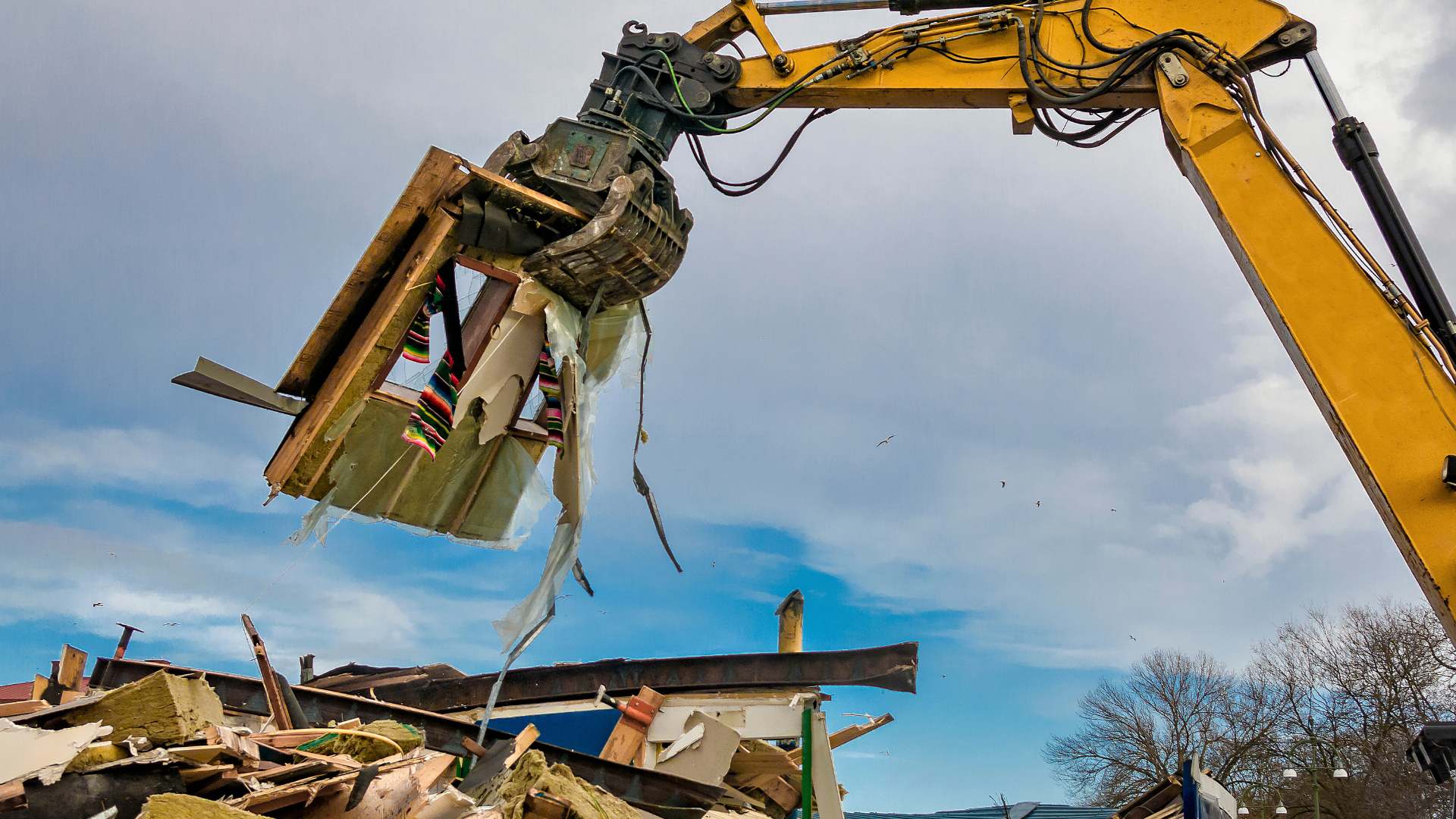Demolition projects, whether residential or commercial, require careful planning and execution to ensure safety, efficiency, and compliance with local regulations. Before breaking ground, it’s essential to consider several critical factors that can impact the success of your demolition. Here are the top factors to keep in mind:
Understanding Local Regulations and Permits
Before starting any demolition project, you must obtain the necessary permits from local authorities. Regulations vary by location, so it’s crucial to research zoning laws, environmental regulations, and disposal requirements. Failing to comply with legal requirements can lead to costly fines and delays.
Site Inspection and Structural Assessment
A thorough inspection of the structure is essential to identify any hazardous materials, such as asbestos, lead paint, or mold. Additionally, assessing the building’s stability ensures that demolition methods are chosen correctly to prevent unexpected collapses or damage to surrounding properties.
Choosing the Right Demolition Method
Different demolition projects require different methods, such as:
- Implosion: Using explosives for large commercial buildings.
- Mechanical Demolition: Utilizing heavy machinery like excavators and bulldozers.
- Deconstruction: Manually dismantling structures to salvage materials for recycling. Selecting the appropriate method depends on the size, location, and environmental considerations of the project.
Safety Measures and Risk Assessment
Safety is a top priority in any demolition project. A risk assessment should be conducted to identify potential hazards, and all workers should follow safety protocols, including wearing protective gear. Proper planning ensures minimal risks to workers, nearby structures, and the environment.
Proper Waste Management and Recycling
Demolition generates significant amounts of debris, including concrete, metal, and wood. Developing a waste management plan helps determine what materials can be recycled or reused, reducing environmental impact and disposal costs.
Budgeting and Timeline Planning
Setting a clear budget and timeline is essential for a smooth demolition process. Consider costs for permits, labor, equipment, waste disposal, and unforeseen expenses. Delays can be costly, so having a structured schedule helps keep the project on track.
Hiring Experienced Demolition Professionals
Working with a licensed and experienced demolition contractor ensures the project is handled safely and efficiently. Professionals have the necessary expertise, equipment, and knowledge of legal requirements to execute the demolition correctly.
Final Thoughts
A successful demolition project requires thorough preparation, adherence to safety and legal guidelines, and an experienced team to carry out the work. By considering these key factors before starting, you can ensure a safe, cost-effective, and efficient demolition process. If you’re looking for professional demolition services, contact R & F Commercial and Residential Construction LLC to get started today!

